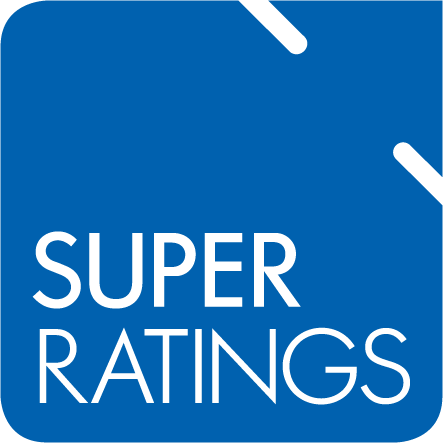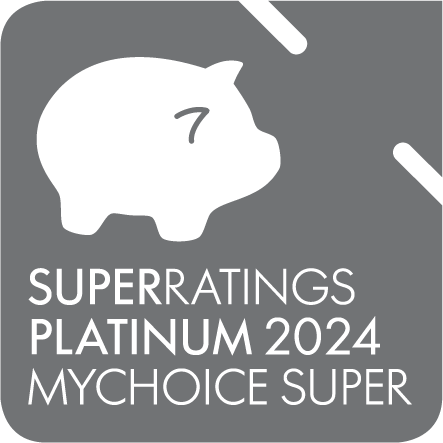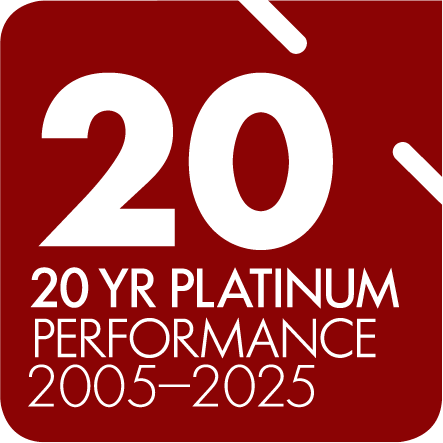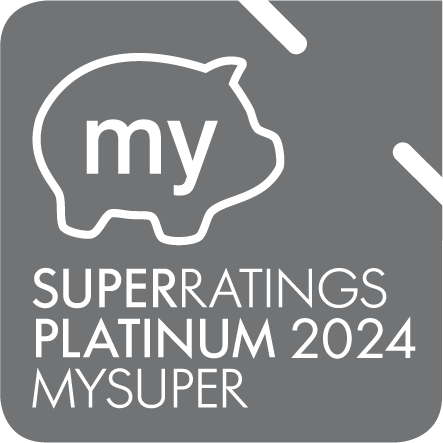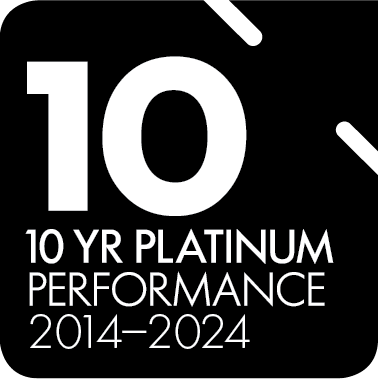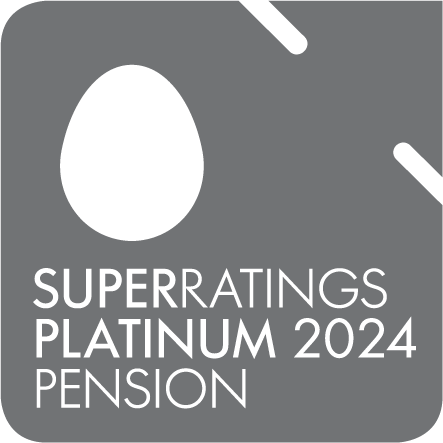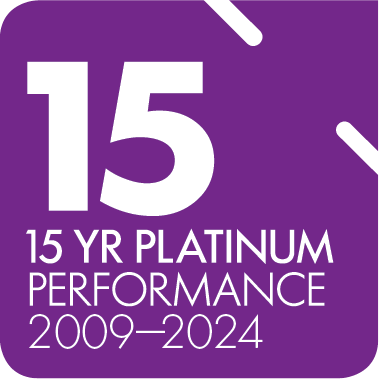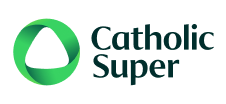It’s been 13 years since the Global Financial Crisis (GFC). What began in 2007 with bad home loans in the US eventually spread throughout the world, leaving a trail of economic destruction in its wake. In Australia, investors could only watch in disbelief as their assets lost up to 50% of their value.
The decade that followed saw a remarkable turnaround. The local stock market recovered (and exceeded) its pre-GFC highs, house prices boomed, super returns were healthy, and companies like Apple hit all time valuation records.
Then the coronavirus pandemic hit.
While the latest economic downturn is a very different scenario, the GFC recovery does offer some insights into how markets react over the long-term, and why there’s light at the end of the tunnel.
A tale of two cities
Ground zero of the GFC was Middle-America. A lengthy period of low interest rates and poor home lending practices left homeowners vulnerable when rates began to rise, and house prices fell below the amount they owed the banks. When whole neighbourhoods walked away from their homes and their debts, the liability shifted to the banks.
Compounding the housing bust was the advent of new financial products that packaged up sub-prime loans along with higher quality debt and sold them on to global investors. These were called collateralised debt obligations (CDOs), and proved virtually worthless when the market crashed, which led to the eventual collapse of major investment firms like Bear Stearns and Lehmann Bros.
The shock impacted the global economy. In Australia we saw the stock market fall around 50 per cent from its peak in November 2007 until it hit rock bottom in March 2009.
The current coronavirus pandemic is, obviously, a very different beast. For a start, much of the economic damage is self-inflicted, with entire industries forced to shut because of government lockdowns. The economic impact has also been wildly uneven. Some industries and organisations have flourished and seen record returns during the previous several months.
Apple shares have hit record heights and topped $2 trillion dollars in market valuation. Tesla shares began the year at around $420. By the end of August, they had reached $2000.
Conversely, education, tourism, arts and hospitality have seen mass job losses.
Lessons learned and fortunes made
Ten years is a long time on global markets. And right up until the coronavirus pandemic turned the world upside down, the US share market was experiencing its second-longest bull run in history, returning around 20% p.a. over the previous 10 years.
Australian shares have also enjoyed a decade of growth. By February 2020 the ASX had exceeded the previous pre-GFCs highs, before crashing back down in March.
That decade long run has also lifted super balances. If you’re invested in growth driven super options, or sector specific options like International Shares, the previous decade has been a profitable one.
Our default Balanced option has returned almost 8% p.a., and our International Share option has returned over 10% per annum over that same period.
The forest for the trees
Older investors have learned that what goes down comes back up, albeit with some twists and turns along the way. And while the post GFC story around market returns and economic growth is clear, the current, short-term scenario isn’t.
The good news is our Balanced option saw a positive return for the 2019/2020 financial year.
More broadly, we’re recovered the losses sustained in the earlier part of the year, and are now back to where we were in late 2019.
But with Victoria under restrictions, the US infection rate continuing to climb, renewed flare ups in Europe and no clear sign of a vaccine, we’re still dealing with the immediate impact of the coronavirus.
Which means the best thing you can do is choose an investment strategy that lets you sleep at night, and stick with it.
How that will play out in the coming decade remains to be seen. All we know is that this too shall pass.

